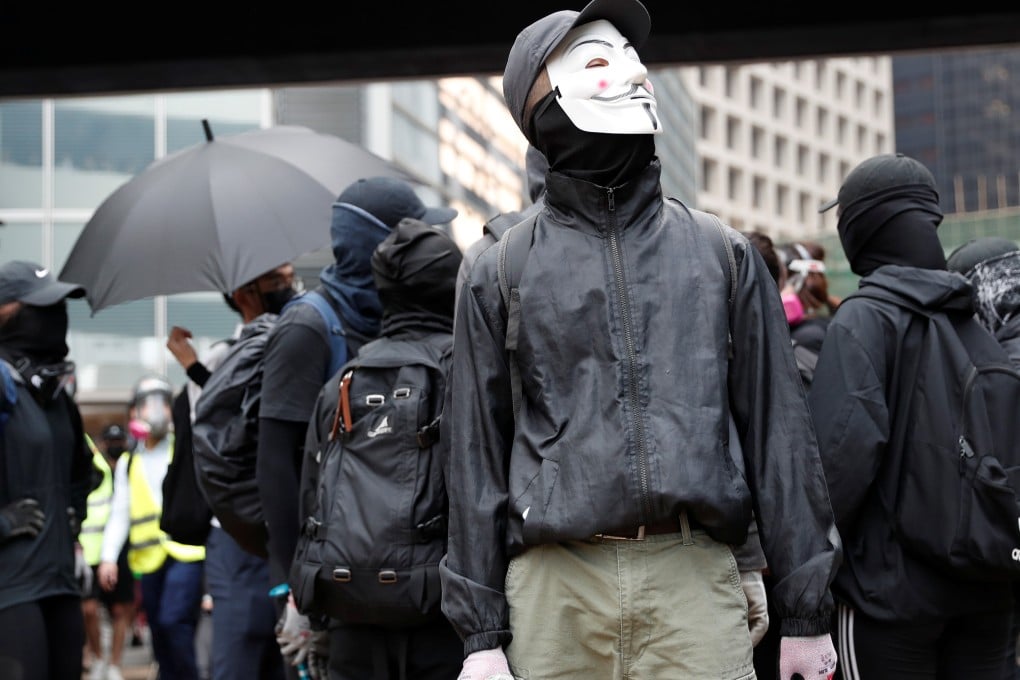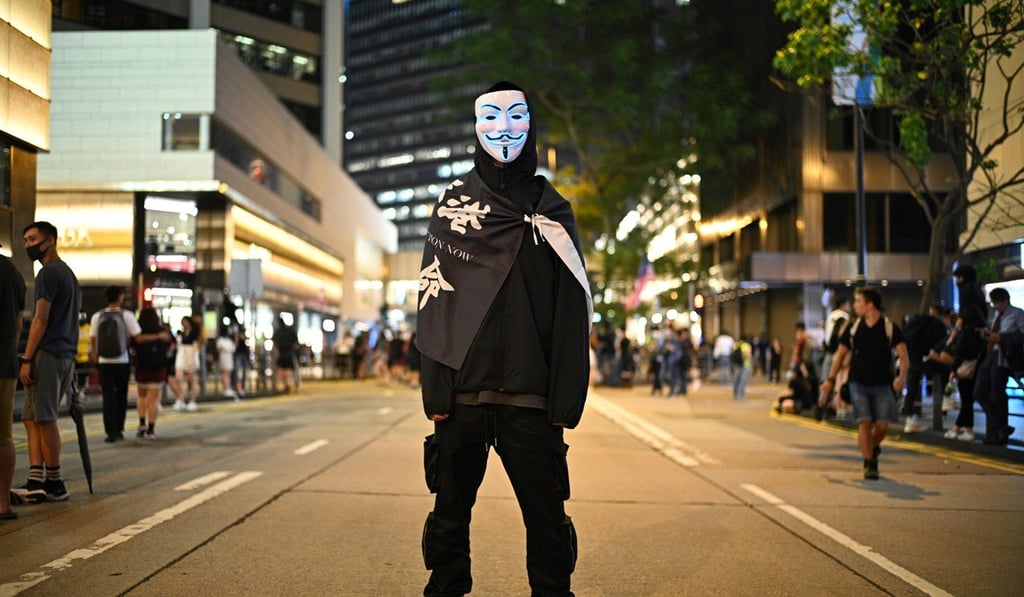Advertisement
China Briefing | Why Beijing’s best option is to wait for Hong Kong to appeal mask ban
- Beijing’s ill-timed rebuke of the High Court ruling raised fears about Hong Kong’s judicial independence
- But any intervention would carry huge political risks for Beijing, given Taiwan’s upcoming election and US trade talks
Reading Time:4 minutes
Why you can trust SCMP

As Hong Kong ’s protest violence escalates into a breakdown of law and order, it is inevitable that the city’s legal system and the judicial independence underpinning the “one country, two systems” formula are being put to their biggest test since 1997.
On Tuesday, Beijing slammed the city’s judiciary after the Hong Kong High Court ruled a day earlier that a government ban on protesters wearing masks was unconstitutional. The rebuke has raised concerns that the central government may use its ultimate power to interpret the Basic Law to overturn the court ruling and, if that happens, judicial independence in Hong Kong would be weakened.
While Chinese officials have not explicitly indicated that the central government would take further action, the swift manner in which the statements were released and the forceful language used in them suggest Beijing is very likely to ensure the ruling is overturned.
Advertisement

The Tuesday statement from the Legislative Affairs Commission of the National People’s Congress Standing Committee (NPCSC), China’s top legislative body, apparently served as a warning to the Court of Final Appeal that if it does not overturn the ruling, China would do so itself.
Advertisement
On Friday evening, the High Court suspended for seven days the ruling that the government’s face mask ban was unconstitutional.
Advertisement
Select Voice
Choose your listening speed
Get through articles 2x faster
1.25x
250 WPM
Slow
Average
Fast
1.25x
